- No categories
-
- My Account Subscribe Now | Sign In Log Out
- New York, July 16, 2025
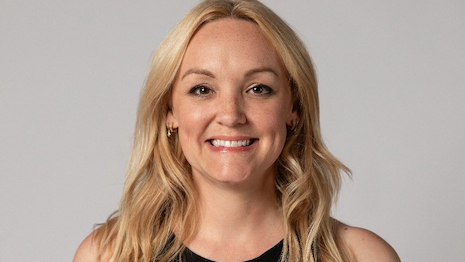
The market often struggles to resonate with Generation Z.
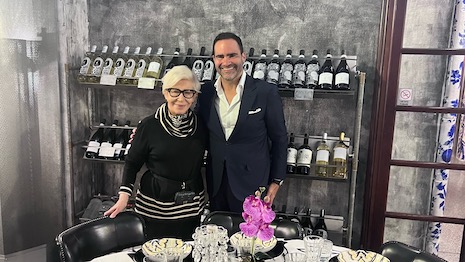
Luxury Unfiltered is a weekly column by Daniel Langer, an expert in luxury branding, hospitality and activations who was named a “Global Top 5 Luxury Key Opinion Leader” by Netbase Quid.

Effective Aug. 21, 2024, existing agreements will no longer be enforceable.
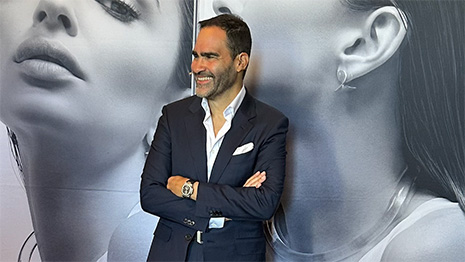
Luxury Unfiltered is a weekly column by Daniel Langer, an expert in luxury branding, hospitality and activations who was named a “Global Top five Luxury Key Opinion Leader” by Netbase Quid.

Today, nearly 95 percent of customers are turning to online reviews before making a purchase.
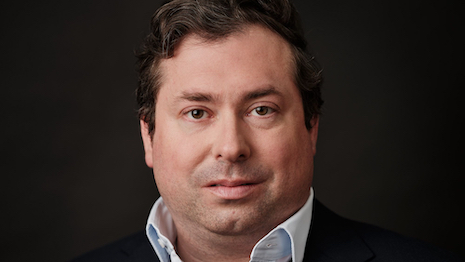
The federal agency’s action creates a dangerous precedent that will harm the marketplace and may even result in unintended consequences.

Luxury Unfiltered is a weekly column by Daniel Langer, an expert in luxury branding, hospitality and activations who was named a “Global Top 5 Luxury Key Opinion Leader” by Netbase Quid.

Luxury Unfiltered is a weekly column by Daniel Langer, an expert in luxury branding, hospitality and activations who was named a “Global Top 5 Luxury Key Opinion Leader” by Netbase Quid.

Luxury Unfiltered is a weekly column by Daniel Langer, an expert in luxury branding, hospitality and activations who was named a “Global Top 5 Luxury Key Opinion Leader” by Netbase Quid.

AI’s effects are sweeping the fashion world, from campaigns to the shopping experience and even design.

Luxury Unfiltered is a weekly column by Daniel Langer, an expert in luxury branding, hospitality and activations who was named a “Global Top 5 Luxury Key Opinion Leader” by Netbase Quid.

To stand out, luxury brands must cultivate personal and memorable experiences for their customers.

Luxury Unfiltered is a weekly column by Daniel Langer, an expert in luxury branding, hospitality and activations who was named a “Global Top 5 Luxury Key Opinion Leader” by Netbase Quid.

Luxury Unfiltered is a weekly column by Daniel Langer, an expert in luxury branding, hospitality and activations who was named a “Global Top 5 Luxury Key Opinion Leader” by Netbase Quid.
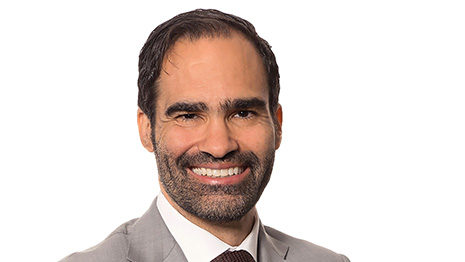
Luxury Unfiltered is a weekly column by Daniel Langer, an expert in luxury branding, hospitality and activations who was named a “Global Top 5 Luxury Key Opinion Leader” by Netbase Quid.

In the fashion industry, what is AI’s impact and what should luxury brands acknowledge throughout its utilization of it?

Macro-cultural value shifts mean high-net-worth travelers now have a different set of expectations.

The luxury market is poised for transformative shifts across various domains, painting a dynamic landscape for industry players.

What is the future of luxury retail? Like with any global industry, it is complicated and will be largely influenced by technology.

The leader vetoed and edited several laws in December that are set to make business easier for luxury labels.

Brands lacking clarity in their offerings are likely to encounter difficulties.